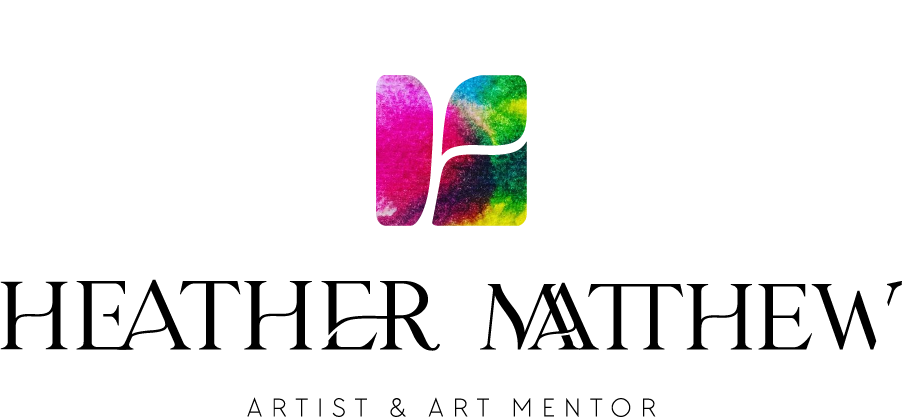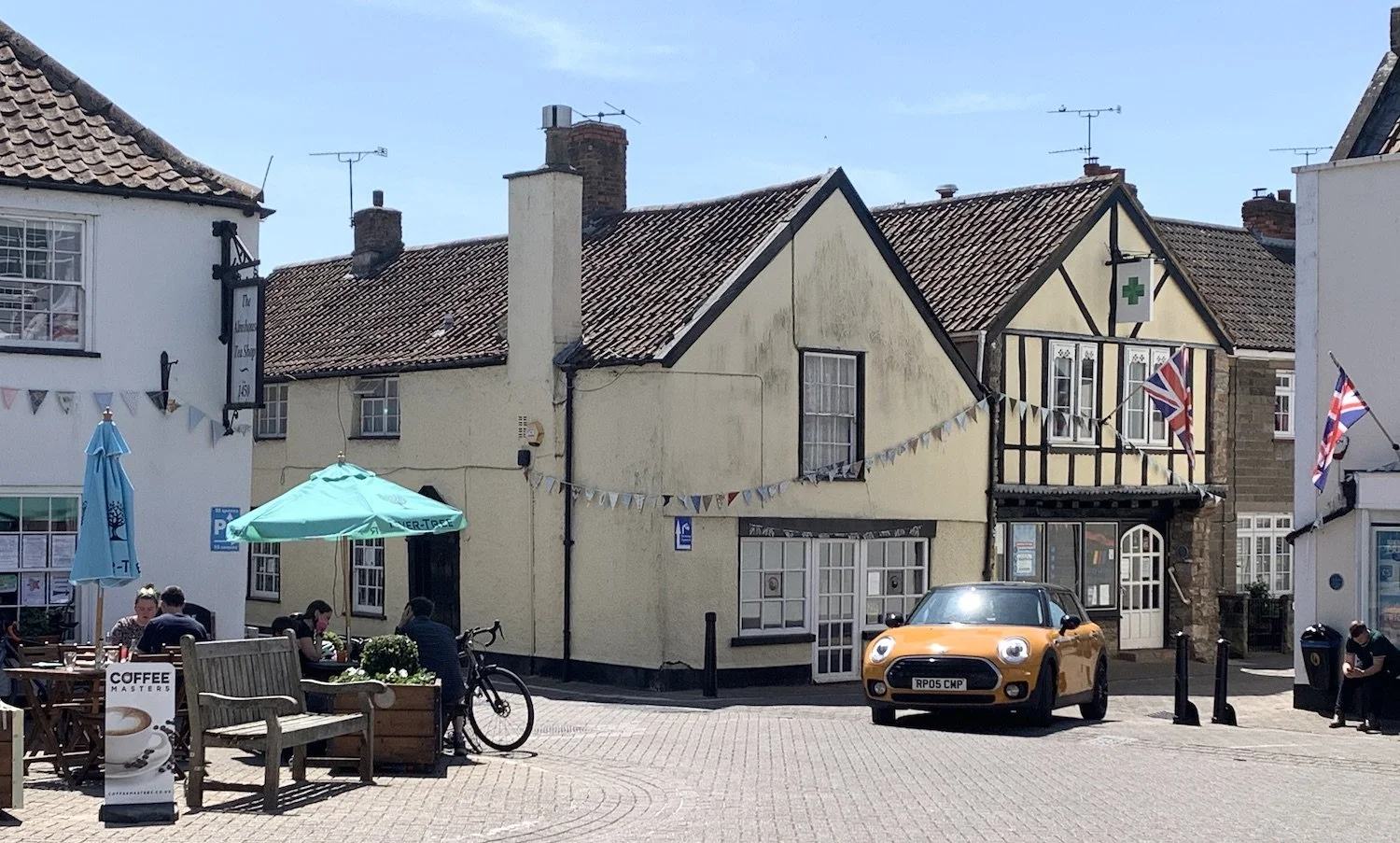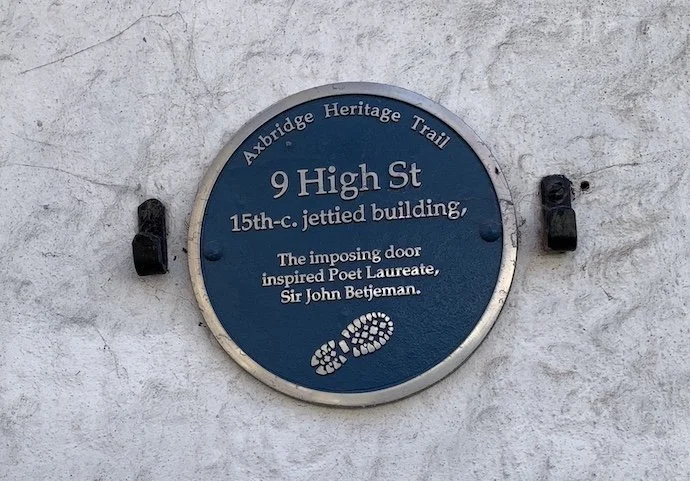History Walking
The town square of Axbridge, Somerset
“King John was not a bad man
He had his little ways
And sometimes no one spoke to him
For days and days and days “
~ King Johns Christmas -by A. A Milne
I didn’t know that King john actually existed until I visited Axbridge in Somerset. I thought he could have been a fictional character made up to populate the world of Christopher Robin. There is a King John’s Hunting Lodge Museum in Axbridge and even though he predated the lodge by a couple of hundred years, it set me thinking about kings, castles and history.
Turns out King John was quite famous as he was the king who signed the Magna Carta in 1215. Axbridge was built as a fortress town by King Alfred (he of the burning cakes from my primary school history lesson) to protect his kingdom from the marauding Vikings, whom he had defeated. It became the market town selling produce from the royal estate at Cheddar (of the cheese variety).
It’s hard not to be caught up in history in England. Many of the towns have buildings from 1000 years ago still standing, walls full of stories as they changed hands and had different functions; from alms house to coach house to saddler, or the grocers stores which have now become cafes and residential homes.
The greats of English literature wrote stories about these places or were otherwise inspired, like the Poet Laureate, Sir John Betjeman, by an ornate door, which now bares a plaque proclaiming its claim to fame.
I feel like I’ve been wandering around places where history wraps you in stories that are on the fringes of familiar while enjoying the summer sunshine which has eventually made its appearance.
Next week we’ll be heading to Oxfordshire where I will begin research for my upcoming residency in Oxford. Each artist residency on my MA Arts + Place requires students to write a project proposal. It is about what you propose to do when there, what methods and materials will be used and how the project relate to the place.
I have already collected a few ideas as I have been travelling and having time off between study modules, although these will need refining before the proposal is ready to present. I often wake at 2 am in the morning with great ideas, then have to get up and write them down as they invariably dissolve in the morning if not caught and captured in nights lucidity.
Sometimes it’s enough to find the germ of a project title and filling in the details can be done later. As I have been working with the what3words app while at Dartington for Module One, I may continue to use that as a starting point for the next residency. It’s easier to start with something familiar before launching off into new territory.
There will be plenty of space at the residency, so I would like to try my hand at installations. Whether that happens or not, I’ve yet to find out as the work leads me into the work.
Many people approach residencies with fixed ideas of what they are going to do when there. I like to stay open to the possibilities suggested by place. There’s a book that was in the library at Dartington which I was really interested in – it’s called On Not Knowing: how artists think by Elizabeth Fisher and Rebecca Fortnum. I was drawn to it by the title, as many times I approach my own art with a “not knowing what I am doing” attitude and let the work take its own direction.
It’s comforting to realise that other artists approach their work in the same way. There is no shame in not knowing what you are doing, as it can lead to wonderful synchronicities and discoveries. Let’s see what next week brings….
King John’s Hunting Lodge Museum, Axbridge.
A poet inspired by a door.






